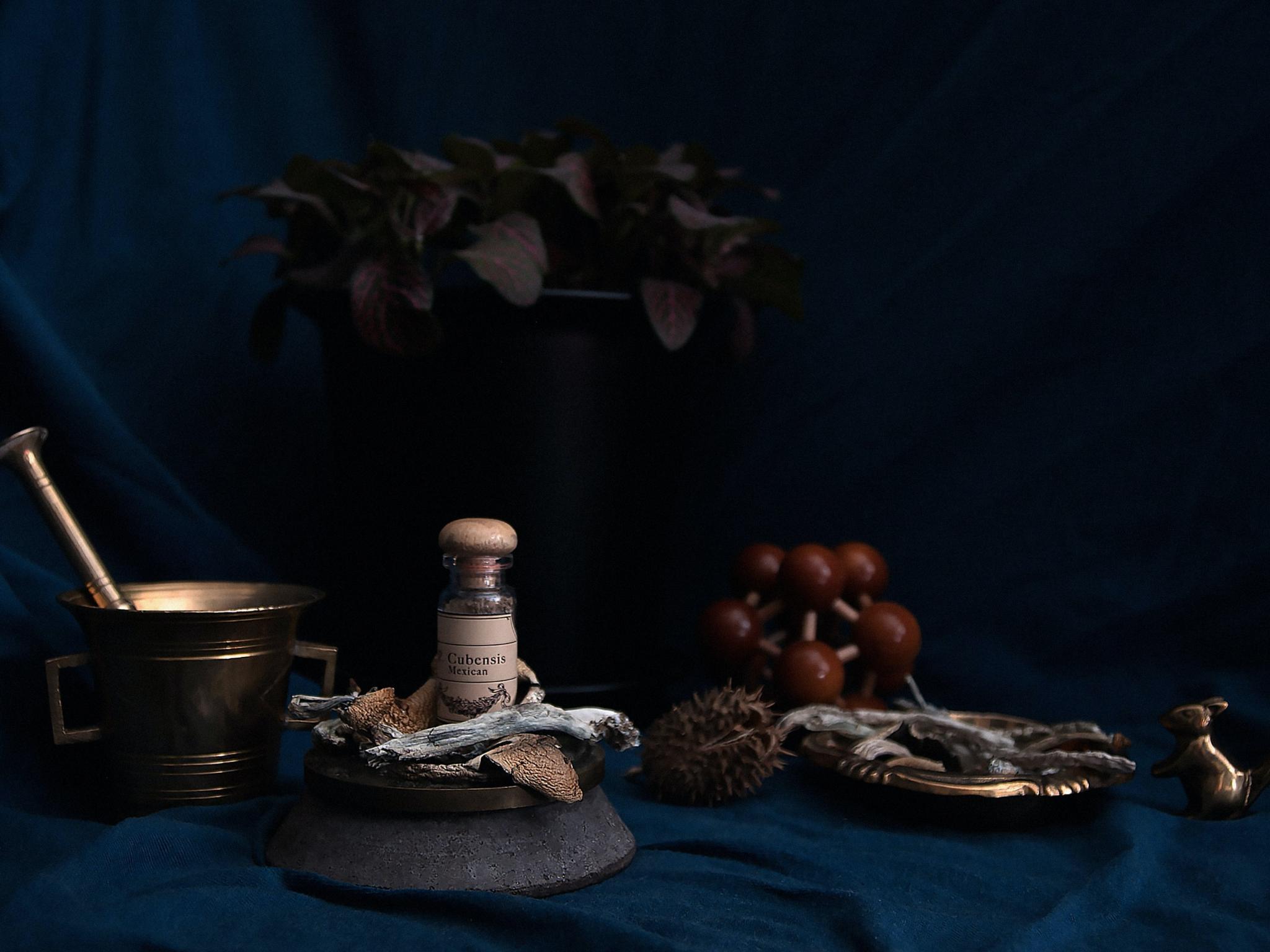
This article was originally published on Psychedelic Spotlight and appears here with permission.
Psychedelic decriminalization has long been the goal of many activists, but it is a long way from true legalization. What's the difference?
As our society moves deeper into the Psychedelic Renaissance, and civilians push governments to once and for all end the war on drugs, many different options are proposed. Psychedelic decriminalization, medicalization, a legalization are all suggested pathways that each carry their own benefits. So what’s the difference?
However, for many, the different but similar-sounding terminology can be confusing. It doesn’t help that often, proposed government plans are called one thing, but in reality are closer to another. Therefore, in this article I will explain what these terms mean, and give some examples of each.
Psychedelic Legalization
Generally, when psychedelic legalization is discussed, what is meant is a government regulatory system where individuals can legally buy and sell certain psychedelics. Though the specifics can vary greatly, the basics look like this: you as a resident of a certain age have the ability to walk into a store, buy a psychedelic such as psilocybin mushrooms, bring them home, and legally consume them.
Included is a regulatory system whereby those who produce and sell the psychedelics follow rules set by the government to ensure quality control and potency. For example, those who grow psilocybin mushrooms would likely need a license from the government, would have to commit to functioning under certain standards and potentially allow government regulators to conduct inspections. Then, the end product would be sold in stores that would likewise have to follow certain regulations, such as a minimum customer age and perhaps a maximum amount any one person could purchase. And of course, throughout this entire process, every step would be taxed like any other business.
Few examples exist of a legal framework for psychedelics. The most comprehensive legal psychedelics framework is in the Netherlands, where people can buy psilocybin truffles, Salvia divinorum and other naturally derived psychedelics in so-called “smart shops.” Strangely, little government regulation surrounds said smart shops, though the stores themselves highly self-regulate to avoid a government crackdown.
Psychedelic Decriminalization
Under decriminalization, typically, there are no criminal punishments for consuming a drug, but selling it remains illegal. Under some forms of decriminalization, a person caught using a banned drug may still receive a fine or even be mandated to rehab.
In essence, the point of decriminalization is to end the locking up of drug users, while still criminalizing and prosecuting those who sell drugs. Decriminalization would have the positive effect of massively decreasing the number of people locked up for non-violent offenses. This is important as no one should ever go to jail for choosing to put something in their own body, even if it is bad for their health.
Despite this, decriminalization would do nothing to stem the massive financial power of cartels and other criminal organizations that fund their illegal activities through selling drugs. Nor would it ensure that the drug supply used by people is safe, as cartels would still have the incentive to lace drugs such as MDMA with more addictive and dangerous substances such as fentanyl.
Recently, across North America there have been jurisdictions that have decriminalized many drugs, including psychedelics. For instance, the Canadian province of British Columbia recently announced plans to decriminalize many drugs, the American state of Oregon has already taken this step, and New York, Virginia and others are considering it. Furthermore, many cities like Baltimore and Toronto have mandated that their police and prosecutors not arrest or jail people for drug possession, de facto decriminalizing drugs within their jurisdictions.
Psychedelic Medicalization
Psychedelic medicalization refers to the study and ultimate legalization of certain psychedelics as medicines or treatments that can be prescribed by a doctor. Over the past decade, there has been much research showing that substances such as psilocybin, MDMA and LSD may be effective —for some people at least— in treating mental health conditions such as depression, PTSD and anxiety disorders.
As these drugs move through the clinical trial system, if results continue to be as positive as they have been so far, it is only a matter of time before they are legalized to treat specific health conditions.
However, even if this happens, drugs such as MDMA and psilocybin will remain illegal to sell, purchase, or consume outside of the medical framework. Nevertheless, if the process of medicalization were to be achieved, many patients currently struggling with mental health disorders could be greatly helped.
At the moment there is no widespread medicalization of psychedelics, though MDMA treatment for PTSD could be legalized as early as 2023 in the USA. Plus, there are small-scale programs available to a limited number of people throughout North America, such as Canada’s Special Access Program and several states such as Maryland and Texas will soon experiment with allowing certain populations such as veterans with PTSD to have access to psychedelics.
As a final note, often government programs will encompass aspects of legalization, decriminalization and medicalization. For instance, the state of Oregon has decriminalized all drugs, while they are working on legalizing psilocybin therapy in special healing centers throughout the state. While this wouldn’t be medicalization, since a person would not need a doctor’s note or a diagnosis to access this treatment, as psilocybin would only be able to be legally obtained in these supervised healing centers, it stops short of full legalization.







